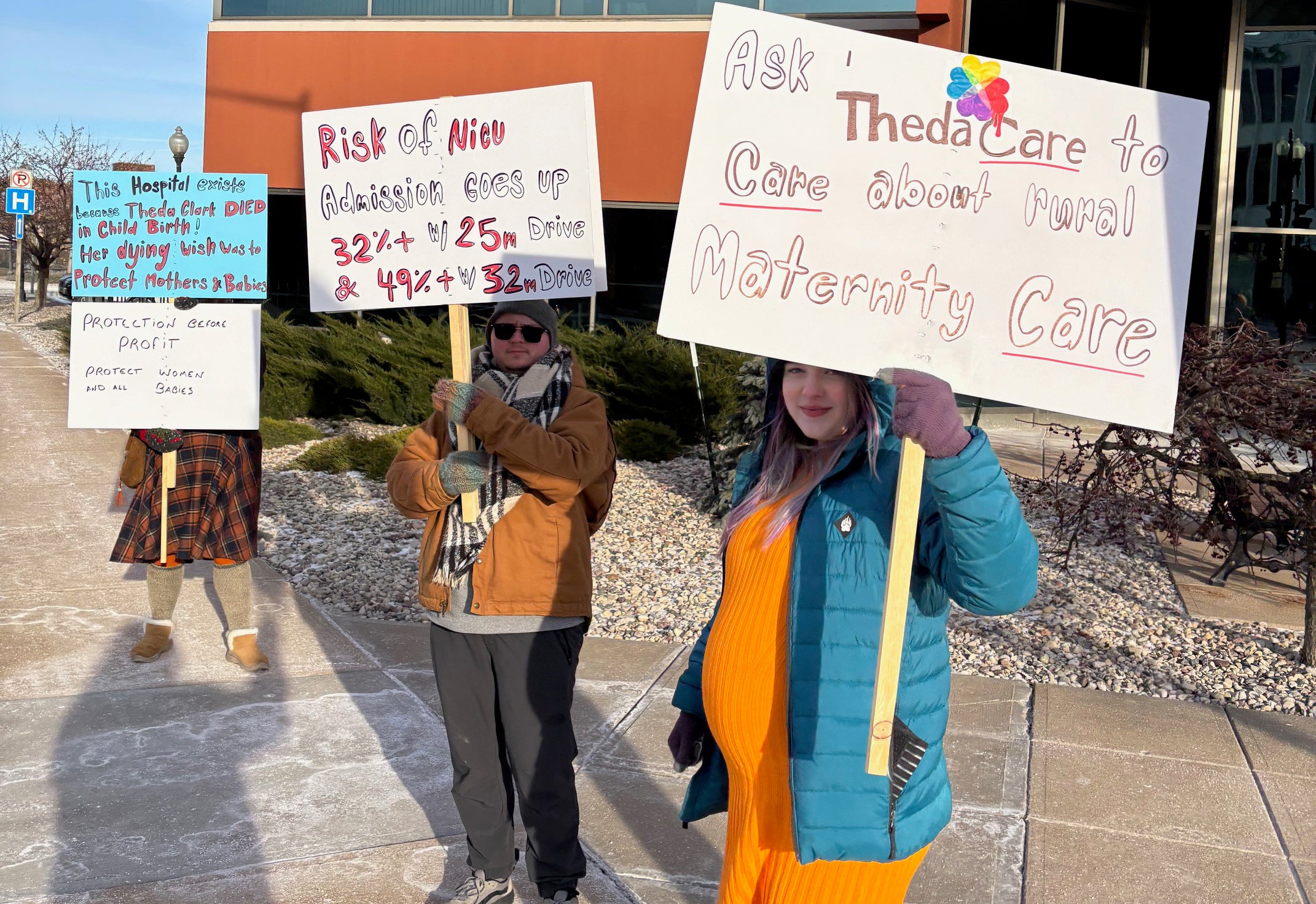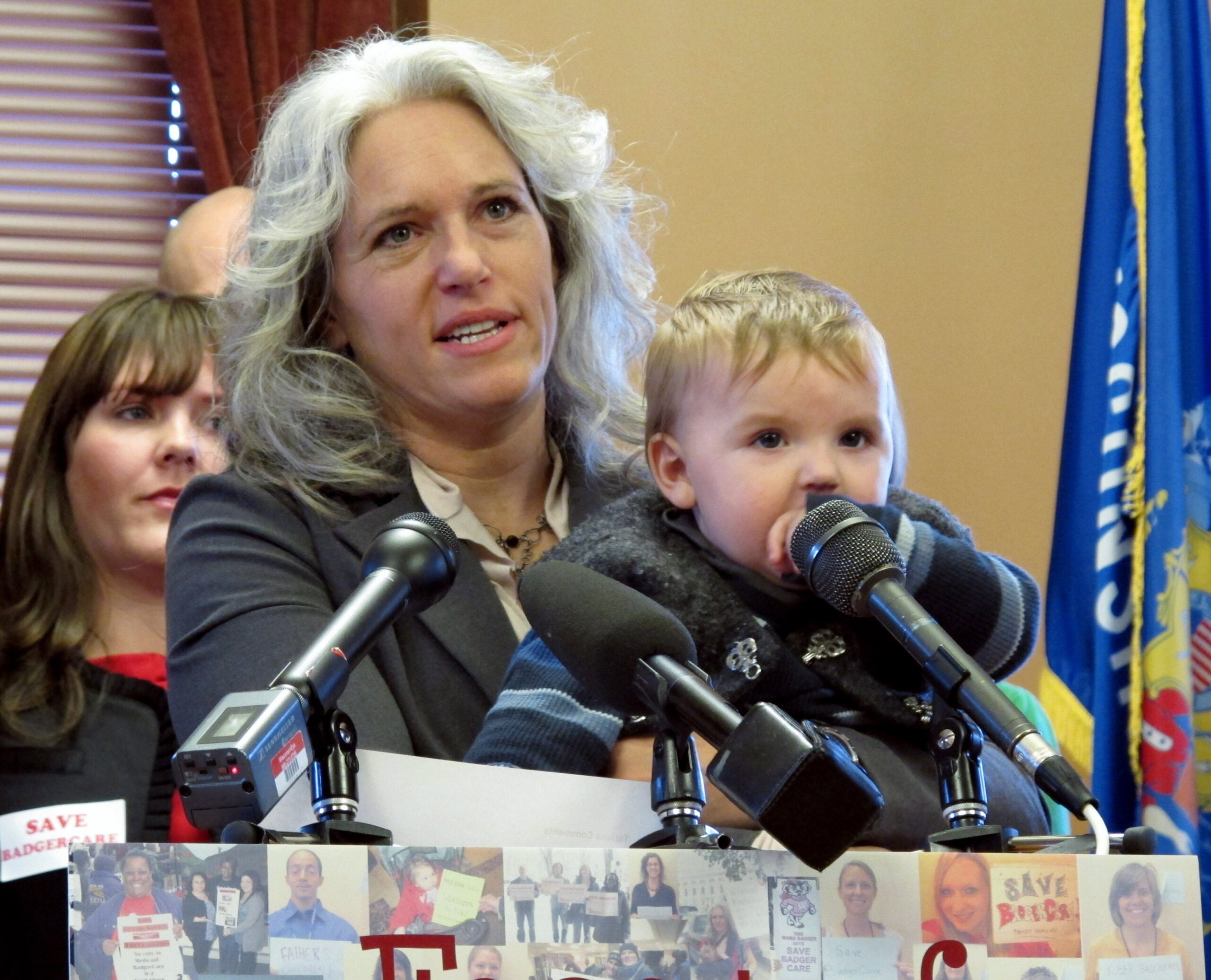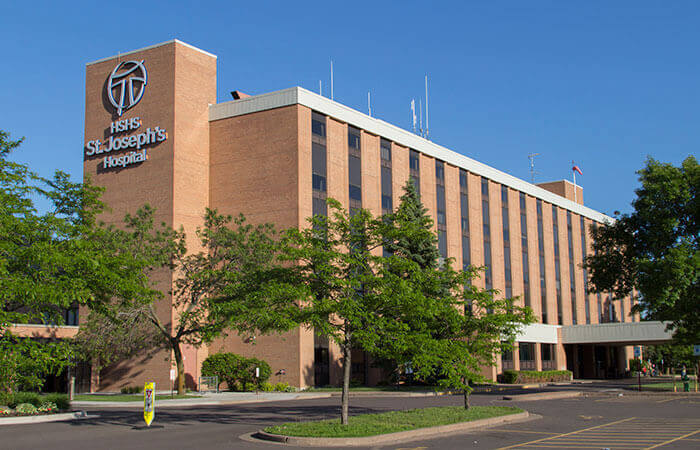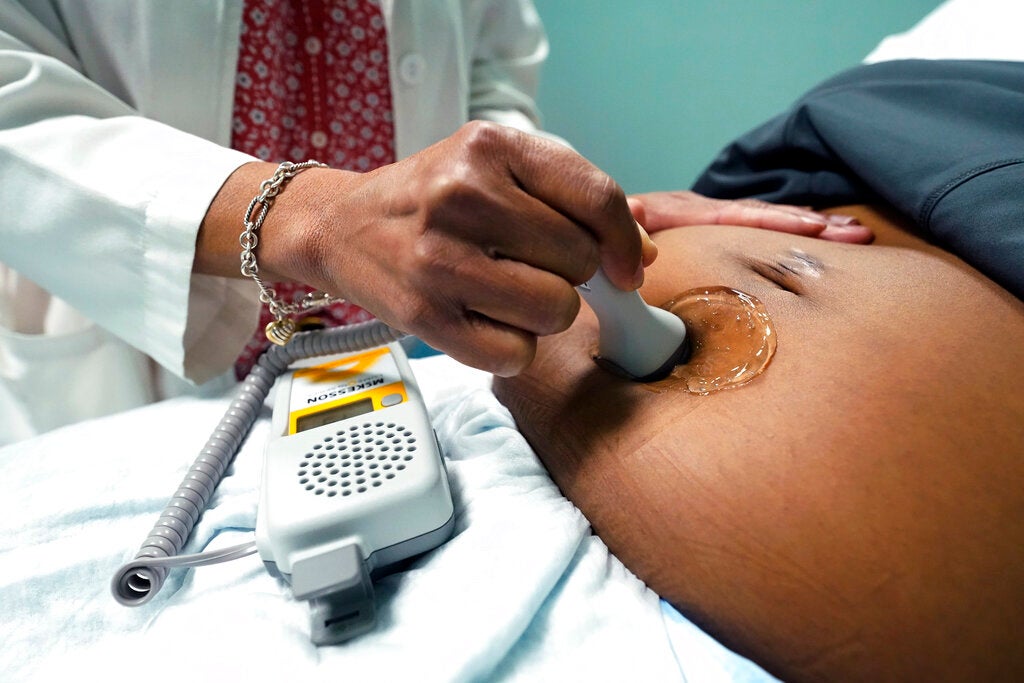Cindya Gullickson and her partner Sky Byrd have been trying to have a baby for around four years.
In June, after about a year of working with a physician at ThedaCare Medical Center-Waupaca, Gullickson found out she was pregnant.
“We’re super excited,” said Gullickson, who lives in the village of Wild Rose. “I was really confident in Waupaca and with my doctor because it took me a long time to find a doctor that I trusted, and I really liked the one I have.”
News with a little more humanity
WPR’s “Wisconsin Today” newsletter keeps you connected to the state you love without feeling overwhelmed. No paywall. No agenda. No corporate filter.
But in late November, the couple learned that ThedaCare would be ending labor and delivery services at the Waupaca hospital on Feb. 15 — just three weeks before Gullickson’s due date.
“I was about three-and-a-half months away from giving birth when I figured out that I was going to have to find a whole different plan,” she said.
Gullickson and Byrd have been organizing to try to convince ThedaCare to preserve birthing services at the Waupaca hospital. They helped organize a protest outside the health system’s headquarters in Neenah last Friday.
“We have given up most of our free time, baby time, and are just focused on this,” Byrd said.
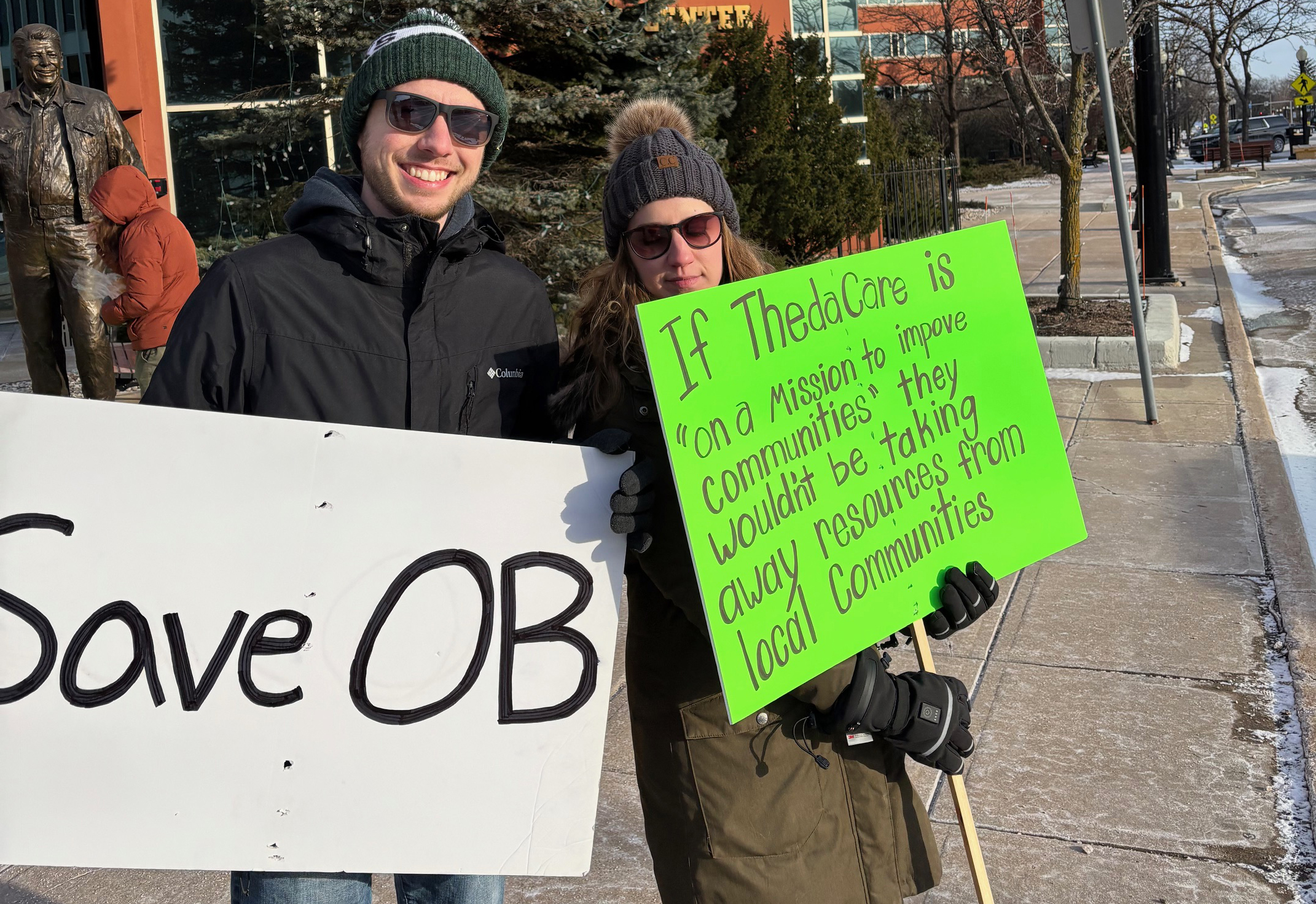
They aren’t the only ones upset with ThedaCare’s decision. An online petition to keep the labor and delivery services garnered more than 3,500 signatures, roughly half the population of the city of Waupaca.
And last month, the Waupaca City Council also unanimously approved a resolution asking ThedaCare to reconsider closing the birthing unit.
In a statement, ThedaCare confirmed it planned to close labor and delivery services in Waupaca next month, calling it a “difficult decision and one that was not made lightly.”
ThedaCare said deliveries have been declining and mothers are choosing to deliver at larger birth centers, as the health system also faces a nationwide shortage of rural doctors and nurses.
The hospital system also stated physicians will work with expecting mothers to coordinate delivery plans at its hospitals in Appleton, Berlin, Neenah and Shawano — each at least a roughly 40 minute drive from Waupaca.
“Mothers can be confident in continuing their pre- and post-delivery care, breastfeeding support and well-baby care at ThedaCare Medical Center-Waupaca as these are important ongoing services to provide in our local communities,” the statement added.
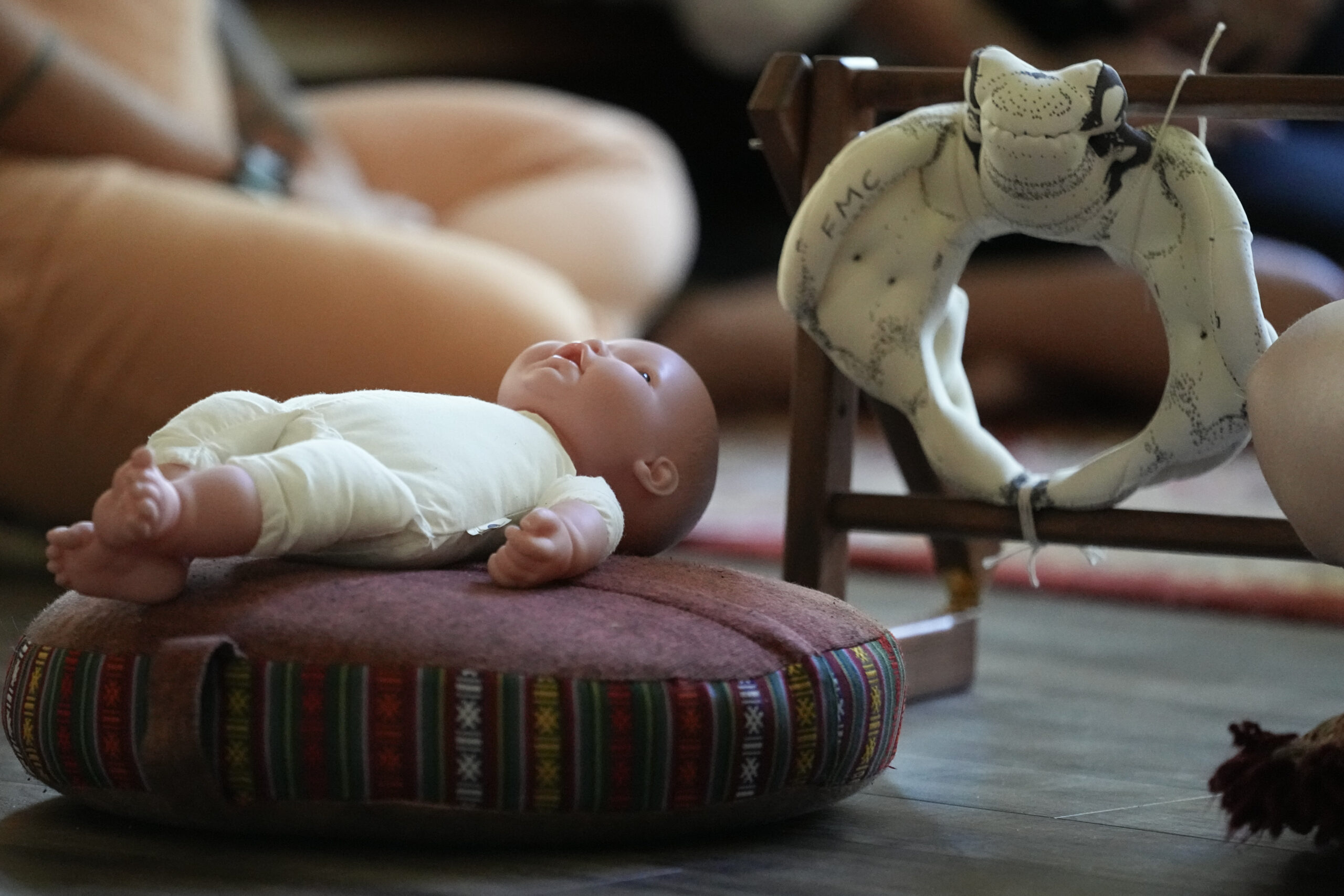
Retired medical professionals from Waupaca County weigh in
A group of retired health care workers who live in Waupaca County have also been trying to persuade the health system to reconsider.
Marci Reynolds, a retired nurse who used to work in the Waupaca hospital, said Waupaca has been trying to attract more residents and has been building additional housing to try to attract young families.
She said closing labor and delivery services would hurt those efforts.
“It’s like it’s pulling the rug out from under it,” Reynolds said. “It’s fine to drive an hour to Target, but it’s not fine to drive (an hour) to the hospital when you’re in labor.”
Retired family physician Dr. Russel Butkiewicz, who moved to the Waupaca area in 1990 to work at the hospital, said moving birthing services could increase the risk of health complications, also called maternal morbidity.
“Severe maternal morbidity happens in one in 125 deliveries in Wisconsin. Bleeding is the most common form,” Butkiewicz said. “You can imagine somebody’s bleeding and they are trying to travel a good distance, the chances of there being a bad outcome — a bad thing with the infant or a bad thing with the mom — is pretty significant.”
Former employees also said they felt frustration and sadness over what they called a “corporate decision” to end labor and delivery services in Waupaca.
“My heart goes out to the people of this community,” Butkiewicz said as he became emotional. “It’s gonna be awful. And my heart goes out to the medical staff because it’s gonna tear them apart. It’s gonna be bad all the way around.”
“We were always the kind of community that was willing to do the right thing,” added Reynolds. “And now we’re feeling powerless.”
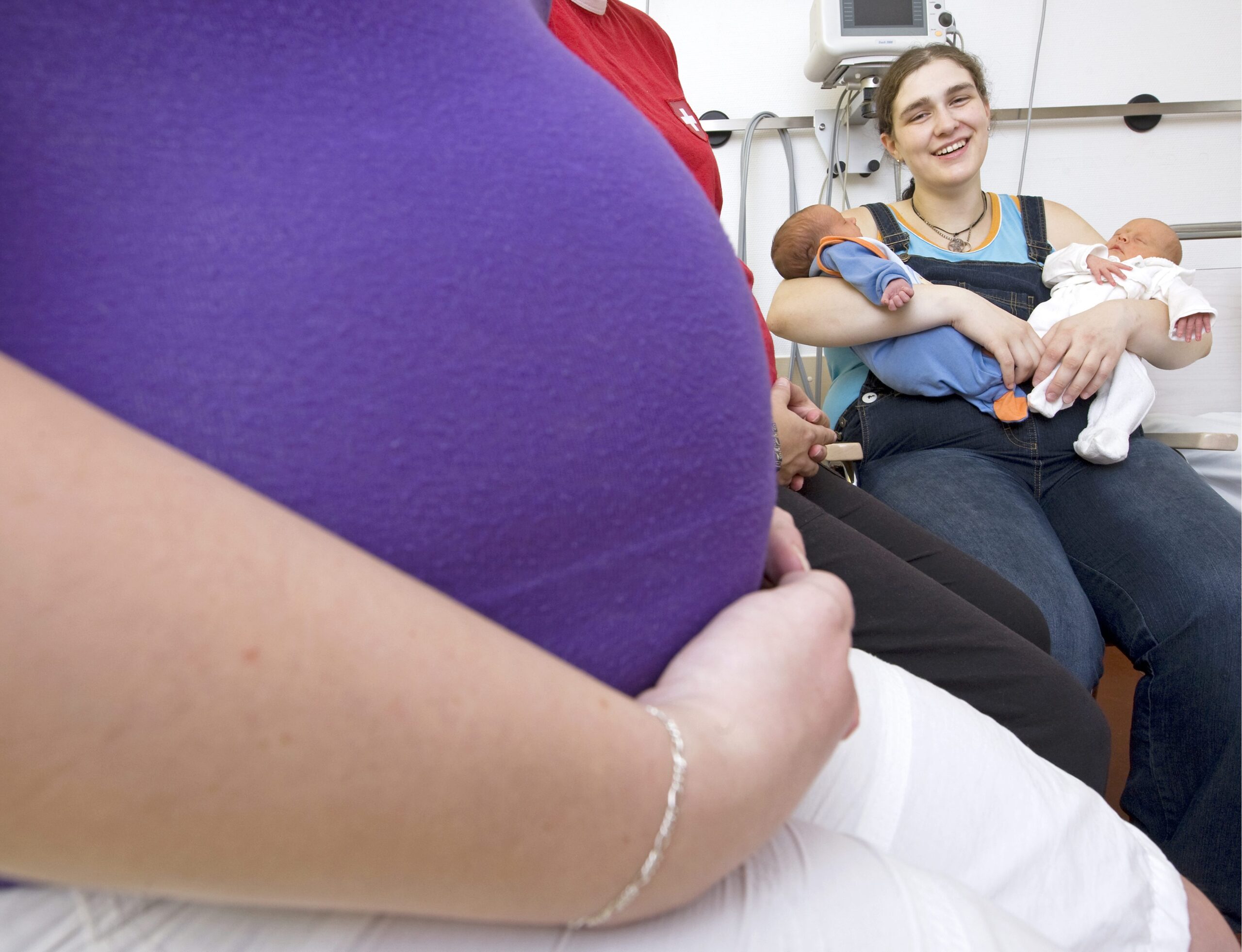
ThedaCare follows national trend of rural birthing closures
ThedaCare’s move follows a trend of declining access to maternity care at rural hospitals across the country.
About 57 percent of rural hospitals in the United States do not have labor and delivery services, including 49 percent of Wisconsin’s rural hospitals, according to a report from the Center for Healthcare Quality and Payment Reform, a national policy center.
Usha Ranji, associate director for Women’s Health Policy at KFF, a health policy research and news organization, said recruitment challenges, lower patient volumes and inadequate Medicaid reimbursement have played a role in the loss of birthing units at rural hospitals.
“In a lot of rural communities, it has been difficult to maintain comprehensive health care services, and maternity care in particular has heavy reliance on Medicaid,” she said. “Its financing, the way it is paid, some people think that that also contributes to this.”
Ranji also said labor and delivery unit closures can lead to the relocation of prenatal care to places with closer access to where patients will be delivering.
“The immediate (effect) might be on labor and delivery, but I think over the longer term it can certainly have an effect on access to prenatal care,” she said.
Gullickson, the expectant mother from Wild Rose, said she recently learned she would have to deliver her baby at ThedaCare’s birthing center in Neenah, about an hour from Wild Rose, if she wanted to do so with her doctor.
Gullickson and Byrd said they’ve both known family members who have had negative experiences at that hospital and they do not feel comfortable having their baby there. The couple says they’ve met with a midwife service out of Iola and plan to have a home birth.
Gullickson said she believes the government should do more to ensure birthing services are available in rural communities.
“We’re doing the best that we can to help advocate in our local community, and we’re doing the best we can to help our local moms,” she said. “But it needs to be something that is changed on the state and the country level.”
Wisconsin Public Radio, © Copyright 2025, Board of Regents of the University of Wisconsin System and Wisconsin Educational Communications Board.

